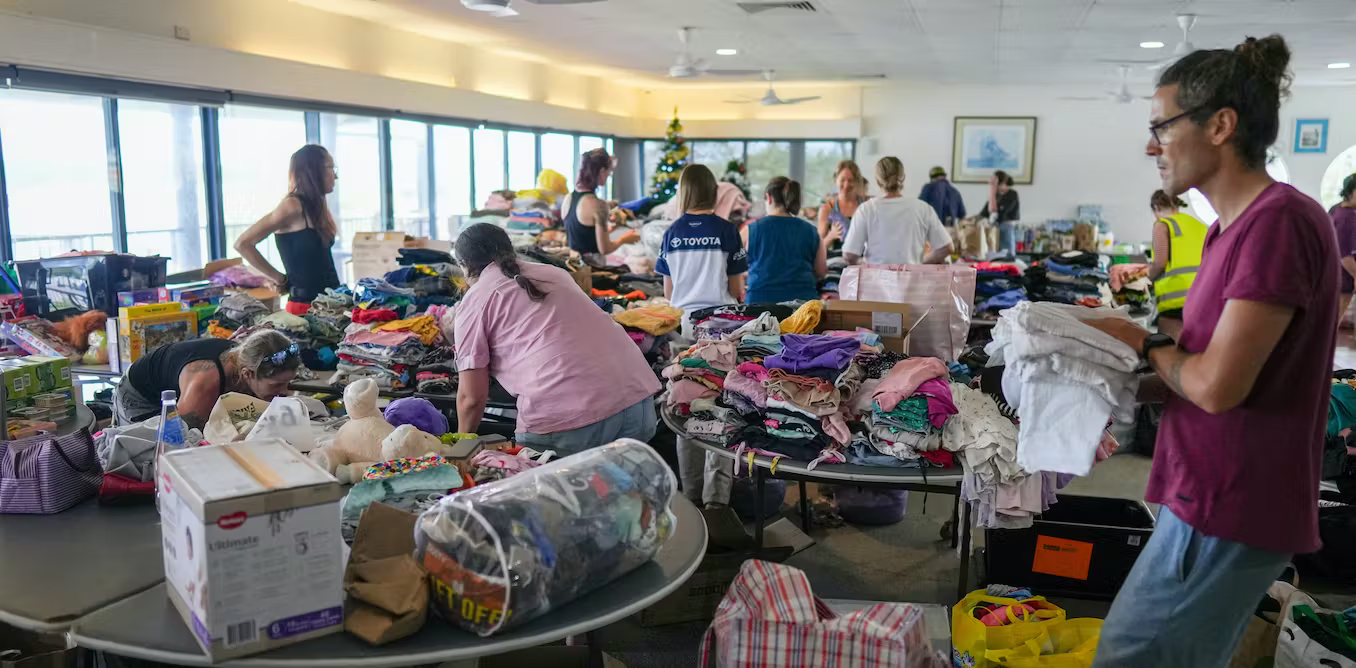-
A national food plan
Andrew Henderson | March 20, 2024Australia enjoys natural strategic advantages in terms of geography, resources, and our ability to produce and export food. We should use those advantages to underpin the stability and security of our region.
-
Red sea blues
Saba Sinai | March 18, 2024The Yemeni Houthi rebels’ continued attacks on shipping in the Red Sea serve as a reminder that global supply chains remain highly vulnerable to disruption and that food insecurity can simultaneously be an effect and cause of conflict.
-
Red for danger
Open Forum | March 11, 2024Australia refused to send a warship to help protect commercial shipping from Houthi attacks in the Red Sea, but our unwillingness to help the international coalition does not mean we are immune from the effects on our supply chains.
-
People, get ready
Open Forum | March 6, 2024A new online platform aims to better prepare communities for disasters with the use of community sourced data, resource mapping and artificial intelligence tools.
-
Learning the lessons of national resilience
Marc Ablong | February 21, 2024Collective, collaborative action, enabled by governments and built on the capability of Australian industry and communities, can create a more resilient Australia, can ensure that we’re well placed to face the future with confidence.
-
Building community resilience
Brian Robert Cook | January 19, 2024Australia’s disaster authorities need to rethink how they use warnings and other communications if they want to build more resilient communities.
-
Helping communities help themselves
Rebecca McNaught | December 22, 2023Successive inquiries have shown we can’t rely solely on emergency services in large disasters, so communities must be empowered to help themselves and each other.
-
Australian network resilience
Malcolm Davis | December 1, 2023There’s no perfect solution to ensure Australia’s resilience in the face of disruption and foreign threats, so the best approach is to embrace diversification and invest in the right combination of communications infrastructure from the ocean floor to the furthest satellite.
-
Australian food security
Andrew Henderson | October 21, 2023Australia’s ability to produce it, process it and export it shouldn’t be taken for granted, nor should our ability to get what we want, when we want from a supermarket shelf.
-
Coordinating Australia’s emergency response
Joe Buffone | October 2, 2023Australia’s frameworks for emergency response have tended to focus on intra-governmental planning and response, but the new National Coordination Mechanism also embraces the capabilities of the public, private and not-for-profit sectors.
-
A season in hell
Hamish Clarke | September 19, 2023After wildfires and heavy smoke affected large swathes of the US and Europe in the northern summer, a new fire management framework can help Australia understand its risk as we move into the hotter months ourselves.
-
Communities are key in disaster resilience
Guy Boekenstein | August 29, 2023The recent Hawaii wildfires highlighted the important role that local networks play in dealing with disasters, and Australia should build their capabilities into national disaster and emergency management policies and procedures.













